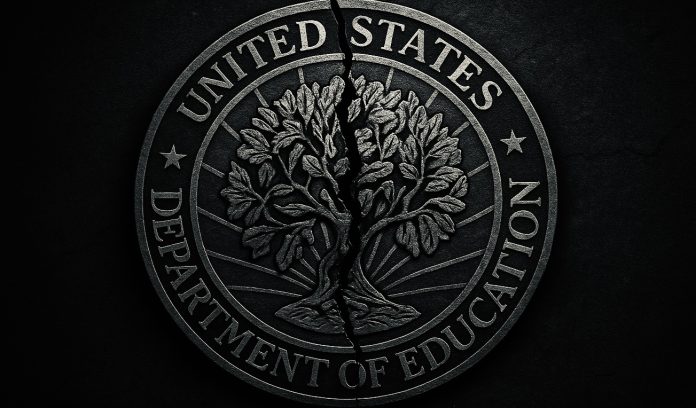Hartford, CT – Healthcare management certificate programs—often marketed as fast-track pathways into clinic leadership, office supervision, and medical administration—are preparing for significant federal aid changes beginning in 2026. These short-term programs fall directly under the Department of Education’s tightened eligibility standards for certificate-level career training.
According to federal guidance, healthcare management certificates that are unaccredited, non-credit, or under 150 instructional hours cannot access Title IV financial aid. Programs between 150 and 600 hours must now meet Workforce Pell criteria, requiring a 70% completion rate, 70% job placement rate, and tuition that does not exceed graduates’ measured value-added earnings three years after completion.
Beginning July 1, 2026, these programs must also pass the federal “low earnings outcomes” rule. Under this test, a certificate program loses Direct Loan eligibility if its graduates earn the same or less than working adults with only a high school diploma for two out of three measured years. Because many entry-level administrative leadership roles in healthcare begin with training-wage salaries—especially in smaller physician practices—some certificate programs may face compliance challenges.
Schools warn that these restrictions could limit advancement opportunities for students seeking affordable entry into healthcare management.




